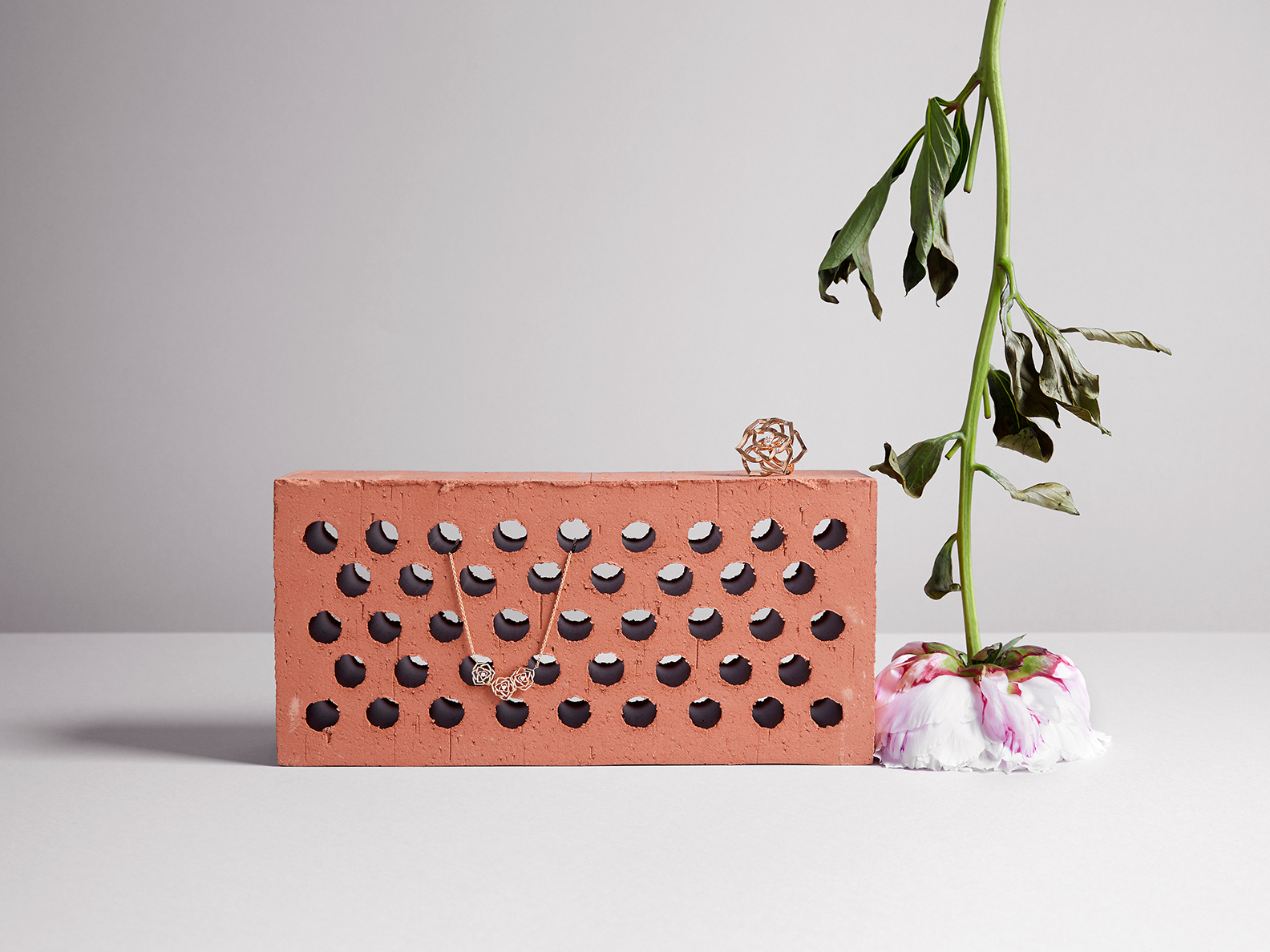Perfection? No, thanks

The great artist Salvador Dali’ wrote: “Don’t be afraid of perfection: you will never reach it”.
If you want to boost your self-esteem, you should say no to the model of perfection because the urge to achieve the perfect condition can be an obstacle if we set it as a level to reach even before achieving our goals.
But why do we sometimes seek perfection? In art psychology, we have seen how the aesthetic experience responds to the satisfaction of powerful motivations in the subject observing a painting or an artistic product.
Things that are considered objectively beautiful, faultless, linear and congruent convey reassurance. From this observation, we can deduce how much the urge to want to live events, relationships and one’s own life following a pattern of perfection responds to the need to feel reassured and protected from possible errors and, therefore, from potential attacks.
As Dalí wrote, this is a grand illusion. Why? Because our certainties are destined to collapse, creating an internal discomfort much more harmful than if we were immediately aware that, in reality, perfection does not exist.
Imperfection is much more creative and, at the same time, more realistic, and what will be imperfect, flawed, non-linear can be the fruit of an emotional and satisfying experience, where it is not so much the result that counts as the dynamic content we felt while we were living it.
After all, what makes us imperfect, makes us unique.